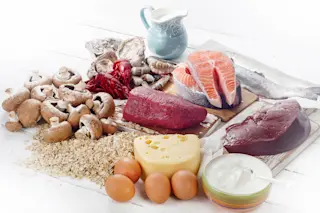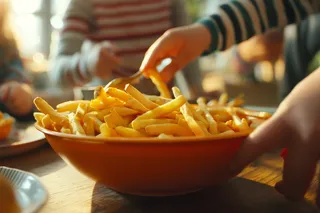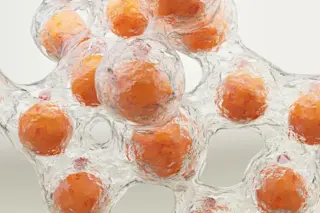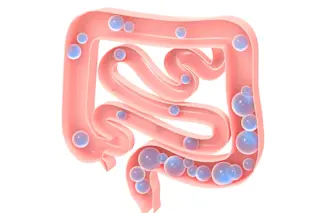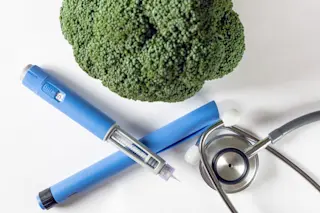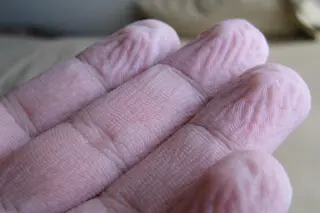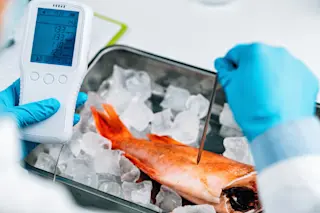Vitamins and other nutrients that we cannot make for ourselves are called essential. It’s a misleading term because “essential” most often means “important,” but in the world of dietetics, it denotes that we must obtain it in our diets. For example, vitamin Q, also called ubiquinone, is extremely important — it’s crucial for cellular respiration in the mitochondria — but it is not deemed essential because our cells simply make this biomolecule from already available parts.
Humans have a very needy diet when it comes to essential micronutrients, more so than other animals. This likely stems from an evolutionary past in which our ancestors enjoyed a richly varied diet and obtaining vitamins and minerals was rarely a challenge. As I’ve written previously, we need vitamin C in our diet, whereas most animals don’t, because a distant ancestor already had abundant vitamin C in her diet when she suffered the mutation ...


